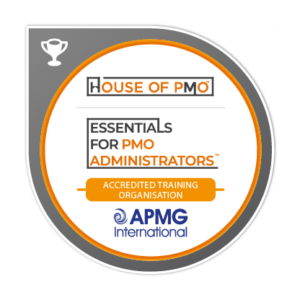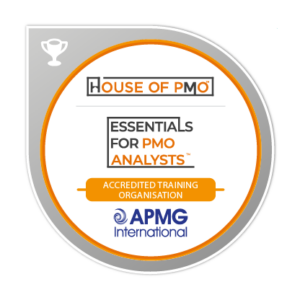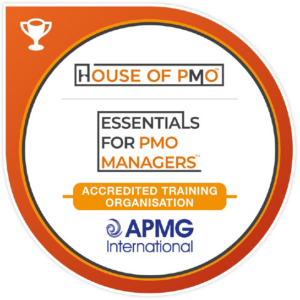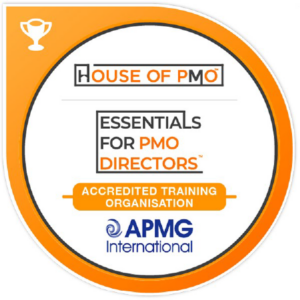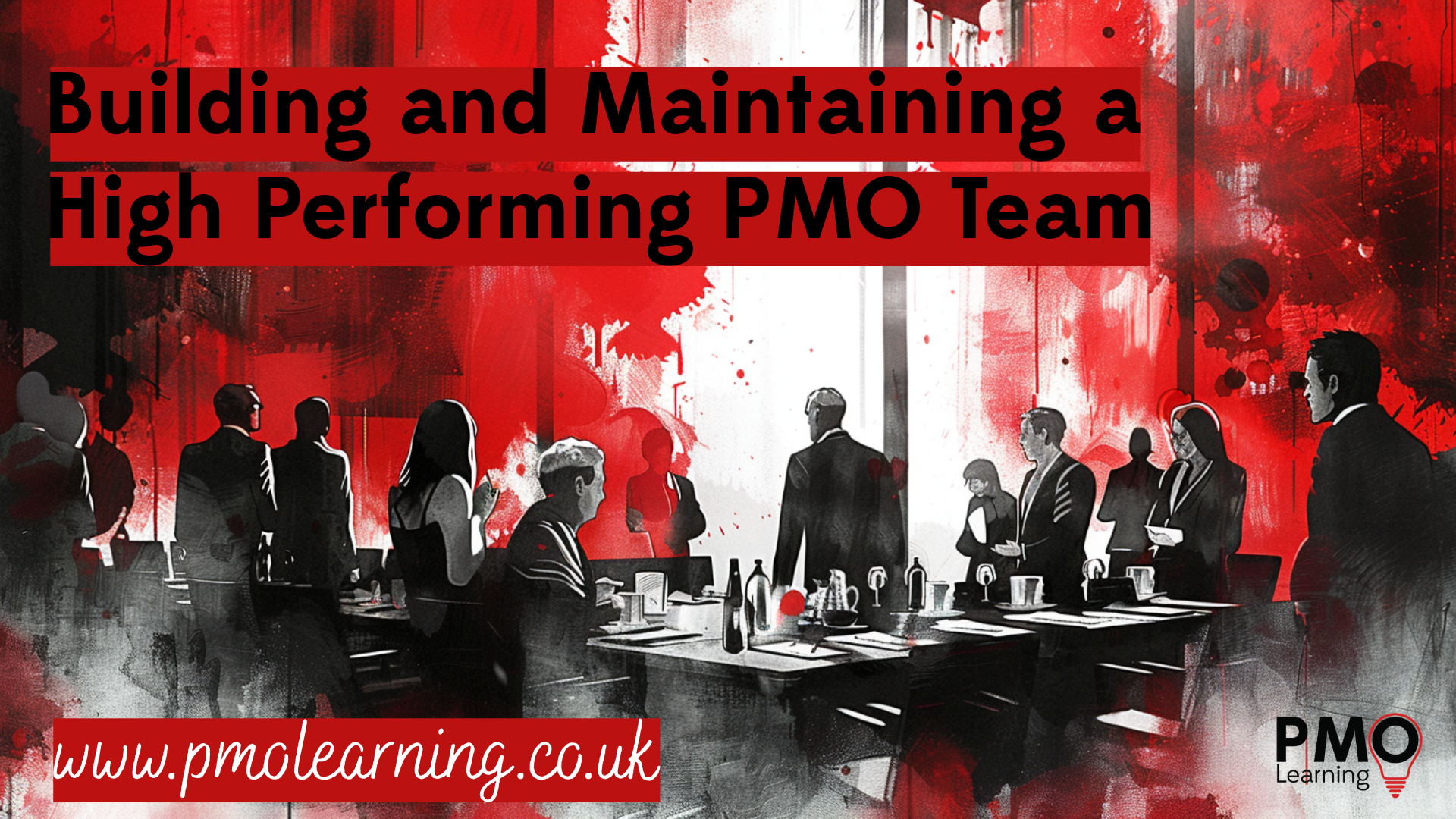
 One of the key responsibilities for any PMO Manager and PMO Director is making sure they have a great PMO team. It’s crucial for any PMO in organisations today that they have the right people within the team in order to provide the right services to ensure that projects and programmes succeed.
One of the key responsibilities for any PMO Manager and PMO Director is making sure they have a great PMO team. It’s crucial for any PMO in organisations today that they have the right people within the team in order to provide the right services to ensure that projects and programmes succeed.
People make projects – and the same is definitely true for the PMO – good people can really make the difference between a PMO thriving or failing. But individuals alone cannot make a great PMO – the power is in the team, the collection of people with different and diverse approaches, skills, personalities, ways of working, and a whole host of different factors.
In this article, we examine what it means to have a high-performing PMO team, what it looks like, the different factors that create a great PMO team, and the tasks and activities that managers and directors perform to ensure their teams remain high-performing.
What is a High-Performing Team?
The Project Management Institute (PMI) has created a plethora of reports about project teams, specifically about what ‘high-performing’ teams are doing in comparison to underperforming teams. Their definition of high-performing teams is ,”high performance is the ability to work at the highest level of effectiveness for an extended period of time.” The definition goes on to include, “Team members and the team grow and learn. The team manages change. Members enter and leave easily without disrupting performance or making new members feel like aliens.”
In fact, there are many variations on this theme, Wikipedia gives us:
A high-performance team can be defined as a group of people with specific roles and complementary talents and skills, aligned with and committed to a common purpose, who consistently show high levels of collaboration and innovation, produce superior results, and extinguish radical or extreme opinions that could be damaging.
A High-Performing PMO Team
When I think about a high-performing PMO team, it’s a team of people who are knowledgeable, skilled, and competent in what they do – who strive to work well together and support each other. They are also a team who have a strong sense of purpose and a manager or leader who champions and backs them at all times. They are encouraged to continually learn and develop, to have the opportunity to experiment and try new things. Above all else, they are trusted by the people they are there to serve – whether that is the Project Managers, sponsors, senior executives and board or other stakeholders throughout the organisation. And it goes without saying that the work they do has a direct impact on the overall success levels of projects, programmes and portfolios.
High-Performing PMO Teams
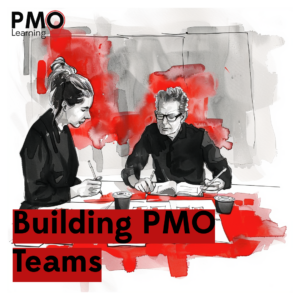 Every PMO team needs a good leader and that role tends to be the PMO Manager and/or the PMO Director. In the PMO Competency Framework – one of the core texts for the Essentials for PMO Managers and Essentials for PMO Directors course – there are role profiles which include the roles and responsibilities.
Every PMO team needs a good leader and that role tends to be the PMO Manager and/or the PMO Director. In the PMO Competency Framework – one of the core texts for the Essentials for PMO Managers and Essentials for PMO Directors course – there are role profiles which include the roles and responsibilities.
For the PMO Manager, they provide ‘effective team development, ensuring capability development plans are in place for each member of the PMO team with clear performance parameters set for each role’
For the PMO Director, they ‘lead and manage the PMO function… promoting and nurturing a culture that motivates and inspires collective and individual performance’
Both obligations by the manager and director roles might seem easy on paper but the reality is, its a tough part of the role to get right, and the success of the team highly depends on getting it right.
The PMO Manager Role in Building High-Performing PMO Teams
 Let’s take a look at each of the senior leader roles in more detail, starting with the PMO Manager role.
Let’s take a look at each of the senior leader roles in more detail, starting with the PMO Manager role.
This role is about being the hands-on manager to the team, deeply embedded with the team each day and often the person who is responsible for each individual team member’s performance and will conduct those people management parts of the role including performance reviews etc.
The PMO Manager will be the person that team members turn to when they need help, advice and support – it may be practical in nature so the PMO Manager is often skilled in the areas in which their team members are working in. They will also be responsible for ensuring professional development and continuous learning strategies are in place, such as mentoring, training programs, buddying systems, on-the-job opportunities, etc.
The PMO Manager will be working hard to ensure the culture of the team is one which is supportive, positive, productive, and encouraging – establishing core values, encouraging open communications and other behaviours which align with the ethos they are trying to establish.
PMO Managers looking to increase the edge of the team – taking them to the next level in terms of effectiveness and higher performance levels – will spend time working on team building that help to build, bond and strengthen the ties between the team members. Collaboration helps to build team cohesion, and team cohesion brings positive dynamics, such as trust, relationship-building, friendships and shared values which all have a moderate to large positive impact on team performance (CIPD, 2023)
The PMO Manager is also responsible for ensuring that they use constructive approaches to managing the inevitable conflicts that arise in any team setting. It’s just as important to have clear strategies and approaches that demonstrate how disputes get resolved to maintain a positive working environment.
Finally, it is the PMO Manager who is responsible for the recruitment and retention strategies that help to bring the right people into the team and to make sure that there is a low turnover of staff within the PMO. Understanding where the gaps are in the team; the right person to fit the team dynamic; the onboarding to make sure they quickly become effective – are all key areas in the recruitment strategy.
So what about the PMO Director role, how does their role differ?
The PMO Director Role in Building High-Performing PMO Teams
 The PMO Director role is one which takes responsibility for organisation-wide PMO capabilities, which normally means they are working at the next level up from the PMO Manager and their focus will be much more strategic in focus. So what kind of activities will this include which focus on team performance?
The PMO Director role is one which takes responsibility for organisation-wide PMO capabilities, which normally means they are working at the next level up from the PMO Manager and their focus will be much more strategic in focus. So what kind of activities will this include which focus on team performance?
Developing and implementing PMO strategies that include the entire PMO provision in the organisation. These have to include all the plans that PMO Managers will be working from, for example, the high-level recruitment and retention plan, the professional development options and programs that align with the organisational goals, the team’s culture aligned with the organisation’s culture, and so on.
The PMO Director sets the vision and roadmap for the PMO and is responsible for ensuring that the PMOs across the organisation remain fit-for-purpose. They foster a culture of continuous improvement through feedback, outcomes, and results and implement lessons learned to improve PMO operations and team performance.
The PMO Director also has the role of continually championing the PMO by engaging with senior stakeholders to secure buy-in for PMO initiatives, reporting on performance, and advocating for the resources needed to achieve PMO objectives.
With the PMO Director having an organisation-wide remit enhancing collaboration and communication within and across PMO teams is crucial. This involves implementing tools, practices, and forums that facilitate open communication, knowledge sharing, and collaboration not only within individual PMO teams but also among different PMO units across the organisation. This ensures that there’s a consistent approach to the work the PMO does and that best practices and lessons learned are shared widely, improving overall PMO performance.
This activity is key because it helps break down silos, encourages a unified approach to PMO, and fosters a culture where PMO teams feel connected to the larger organisational strategy and goals. It’s about making sure everyone is moving in the same direction, understanding how their work contributes to the big picture.
And finally, by implementing advanced analytics and reporting, the PMO Director can provide actionable insights that help in fine-tuning strategies, improving resource allocation, and identifying areas for improvement. This not only helps in making informed decisions but also in showcasing the PMO’s contributions to achieving organisational goals, thereby strengthening its position and securing continued support from senior stakeholders.
PMO Managers and PMO Directors Working Together







